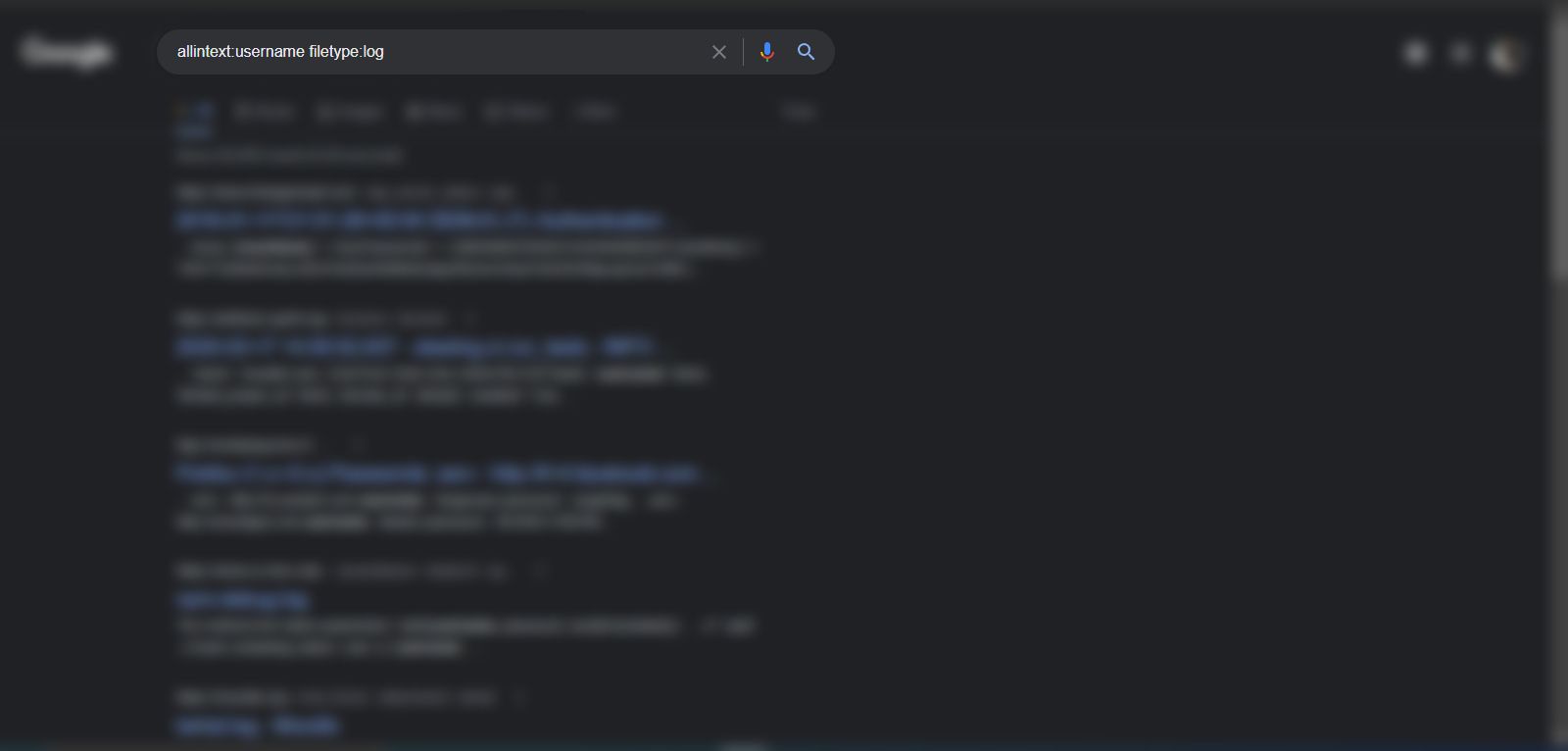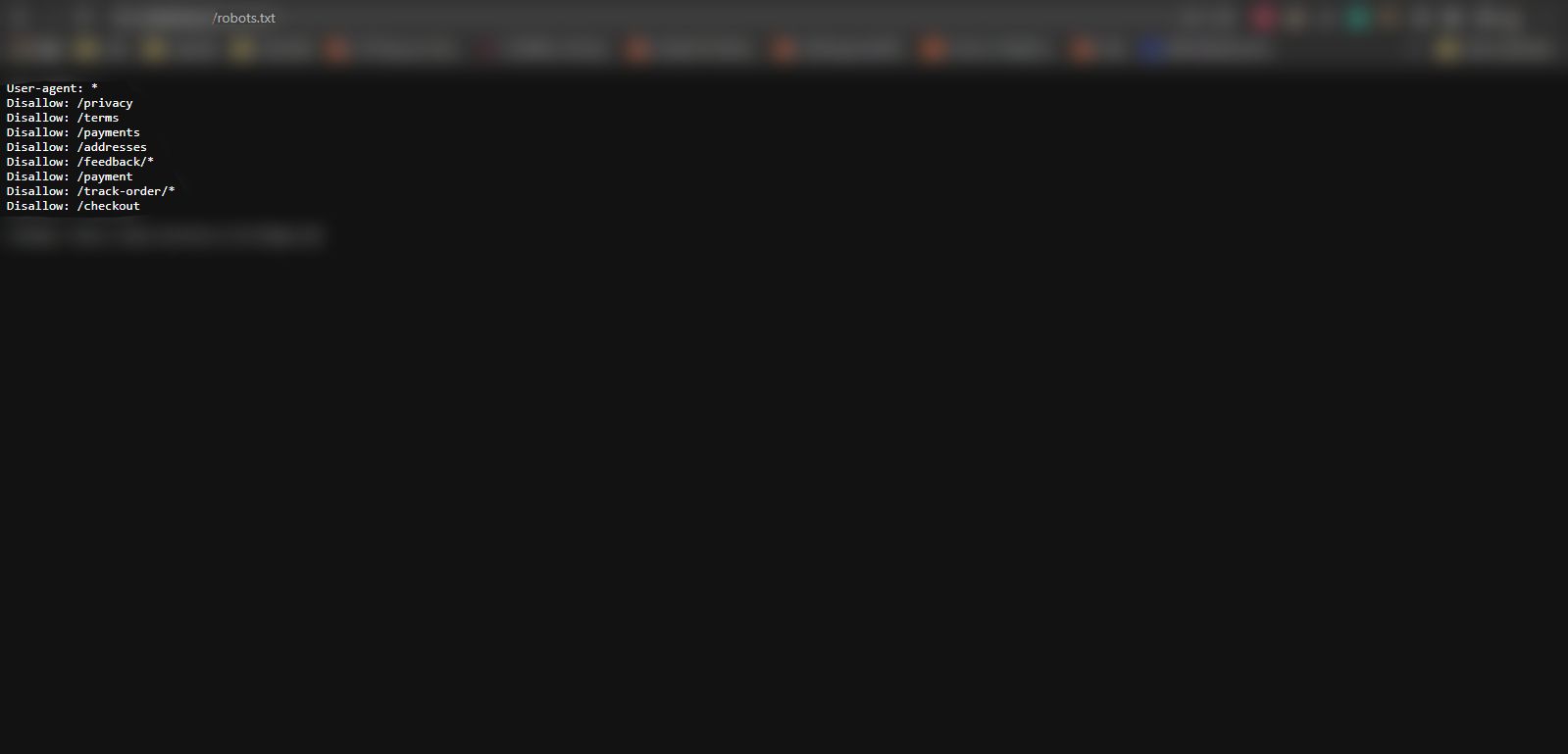What Is Google Dorking and How Hackers Use It to Hack Websites
Google is the encyclopedia of the internet that carries the answer to all your questions and curiosity. After all, it is just a web index to find images, articles, and videos, right?
Well, if you think so, you are turning a blind eye to the untapped potential of the behemoth search engine’s crawling capabilities. This side of Google is lesser-known to the average user but propelled effectively by bad actors to hijack websites and steal sensitive data from companies.
Here, we’ll address how security professionals and hackers use Google as an effective reconnaissance tool to access sensitive data, hijack websites, and more.
What Is Google Dorking?
Google dorking or Google hacking is the technique of feeding advanced search queries into the Google search engine to hunt for sensitive data such as username, password, log files, etc., of websites that Google is indexing due to site misconfiguration. This data is publicly visible and, in some cases, downloadable.
A regular Google search involves a seed keyword, sentence, or question. But, in Google dorking, an attacker uses special operators to enhance search and dictate the web crawler to snipe for very specific files or directories on the internet. In most cases, they are log files or website misconfigurations.
How Hackers Use Google Dorking to Hack Websites
Google dorking involves using special parameters and search operators called “dorks” to narrow down search results and hunt for exposed sensitive data and security loopholes in websites.
The parameters and operators direct the crawler to look for specific file types in any specified URL. The search results of the query include but are not limited to:
- Open FTP servers.
- A company’s internal documents.
- Accessible IP cameras.
- Government documents.
- Server log files containing passwords and other sensitive data that can be leveraged to infiltrate or disrupt an organization.
Most-Used Google Dorking Operators
Although there are tons of operators and parameters that one can apply to a search query, it only takes a handful of them to serve the needs of a security professional. Here are a few commonly used queries:
- inurl: Dictates the crawler to search for URLs that contain a specified keyword.
- allintext: This parameter searches for user-specified text in a webpage.
- filetype: This parameter tells the crawler to look for and display a specific file type.
- intitle: Scrapes for sites containing specified keywords in the title.
- site: Lists all the indexed URLs for the specified site.
- cache: When paired with the site parameter, this one displays the cached or older version of a website.
- Pipe operator (|): This logical operator will list results that contain either of two specified search terms.
- Wildcard operator (*): This is a wildcard operator that searches for pages that contain anything connected to your search term.
- Subtract operator (-): This eliminates unwanted results from your search.
Is Google Dorking Illegal?
While it may seem intimidating, Google dorking will not land you behind bars, given you are only using it to refine your search results and not infiltrate an organization.
It is a necessary evil and, in fact, an encouraged practice amongst power users. Keep in mind that Google is tracking your searches all the time, so if you access sensitive data or search with malicious intent, Google will flag you as a threat actor.
In case you are carrying out a pen test or hunting for bug bounty, ensure that you are fully authorized and backed by the organization. Otherwise, if you get caught, things can take a turn for the worst, and one can even slap you with a lawsuit.
How to Protect Your Site From Google Hacking
As a webmaster, you have to set up specific defensive countermeasures to tackle Google Dorking. A very straightforward approach would be to add a robots.txt file and disallow access to all sensitive directories. This will keep search engine crawlers from indexing sensitive files, directories, and URLs as you list them.
Adding a robots.txt file to the root directory is a general good practice and essential for the overall security of your website. Learn more about why website security is crucial.
Other ways to mitigate this threat would be to encrypt sensitive data such as usernames, passwords, payment information, etc., and use Google Search Console to remove pages from search results.
Become a Google Power User With Google Dorking
While most of us use Google every day, we hardly ever take advantage of its true potential. You can harness the often-overlooked power of Google dorking ethically to refine your Google-fu and find just about anything on the internet.
With the proper parameters and keywords in place, the answer to all your curiosities and questions will lie at your fingertips, just one keypress away. Learn more about the best tips and tricks to make the most of your Google search.
Read Next
About The Author



